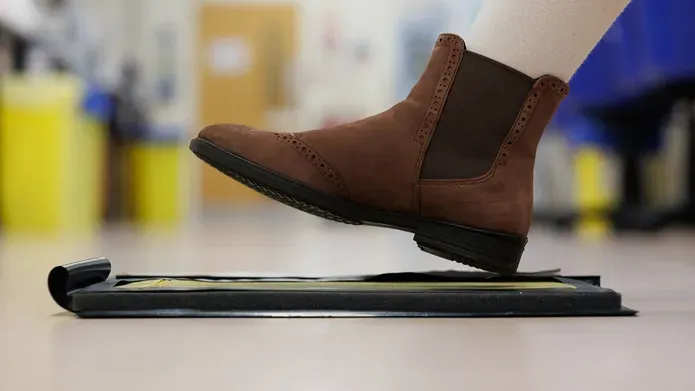Research project
Developing ground truth datasets
We generate accessible data sets to aid forensic science research. These include chemical and biological data, physical evidence (such as ballistics and footwear) and biometric samples.

Active
July 2017
What we are doing
We are working across a range of disciplines to generate known data for the characterisation of materials - for example ignitable liquids or drug samples but also fingerprints and shoe prints. Our generated data sets also will include information about transfer and persistence of both proxy models and pseudo realistic scenarios of relevance to forensic science.
Why we are doing it
The importance of understanding a ‘ground truth’ – where the provenance of every sample is known – is critical to being able to undertake detection and recognition of materials and to train potential AI and machine learning methodologies. Ground truth data sets also help us understand the transfer and persistence of material and their background prevalence or abundance.
How will we do it
We generate ground truth data from PhD level research and the activities of our research assistants and or post doctoral researchers. We emphasise the inclusion of forensic practitioners in the construction of these data sets so that we can ensure that it is fit for purpose and ultimately useful for practitioners.